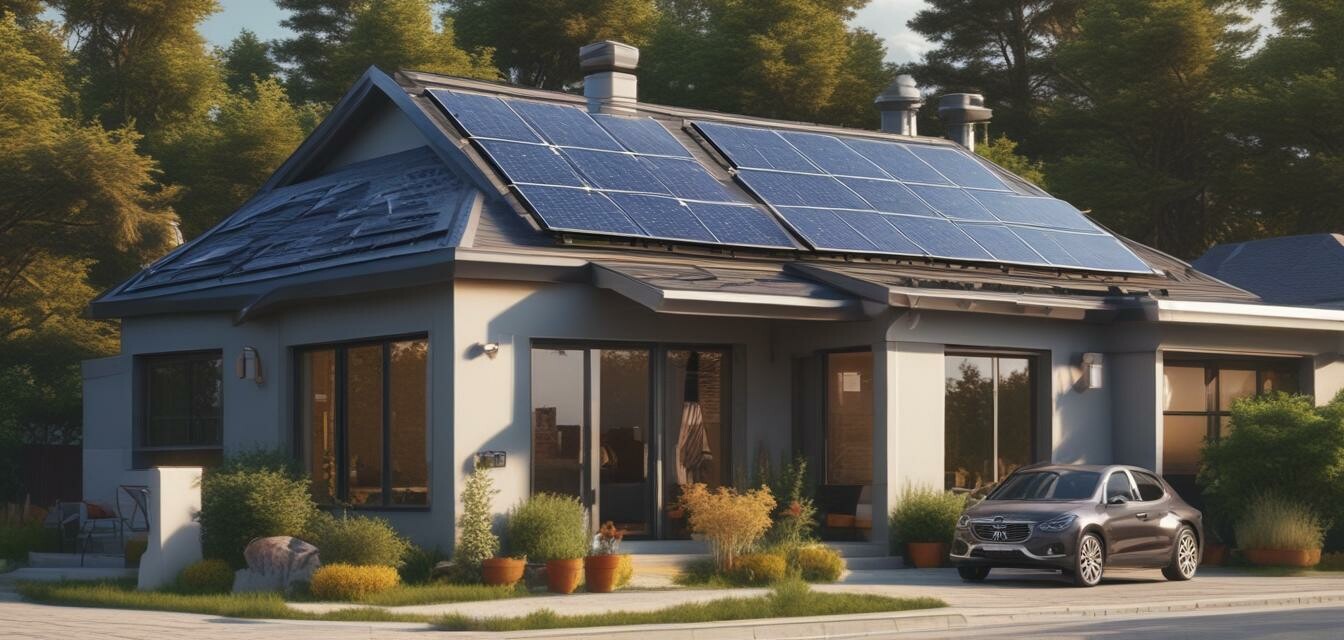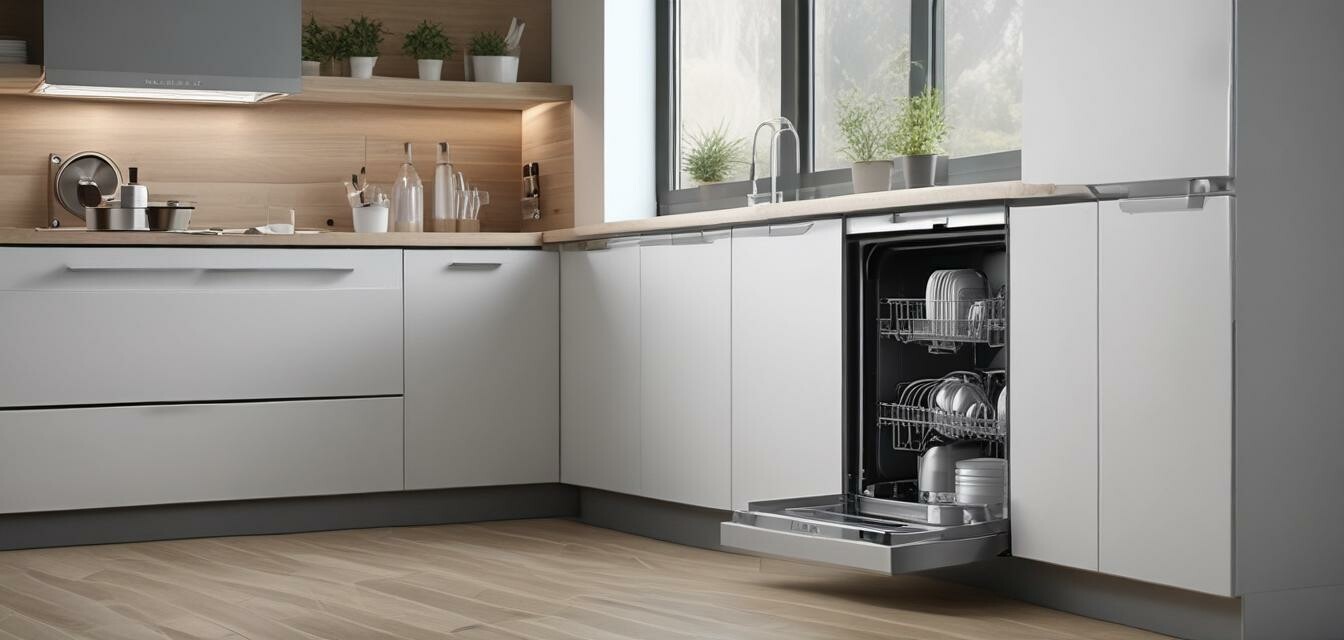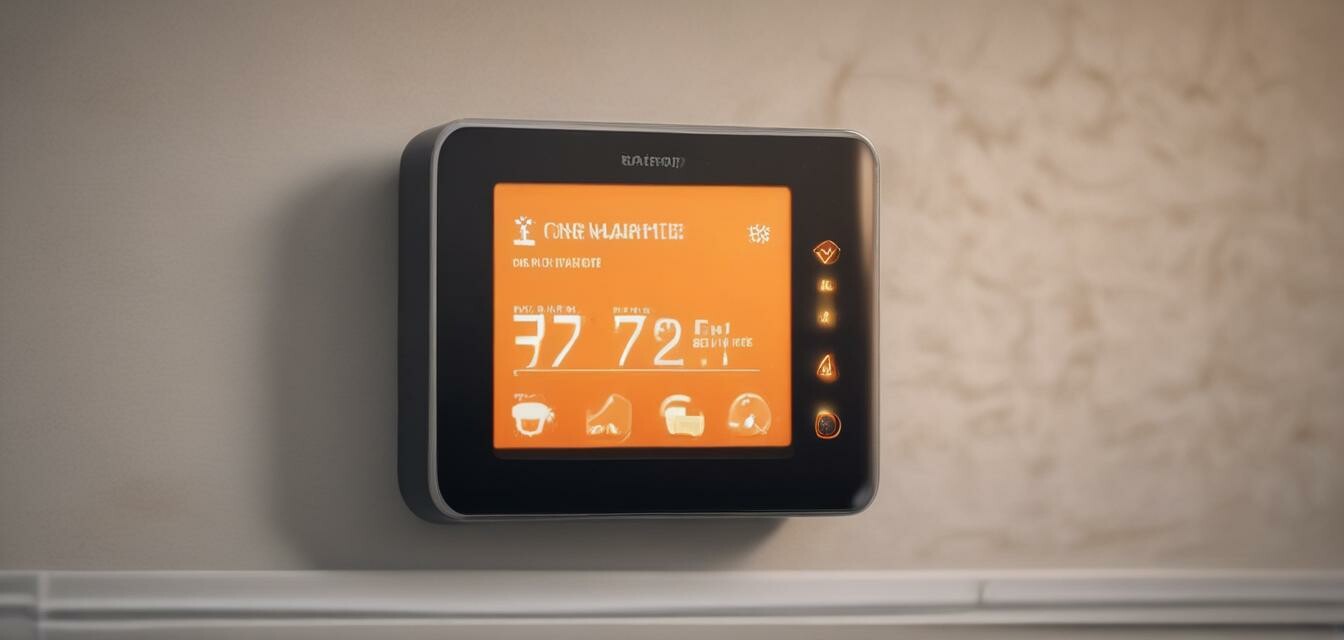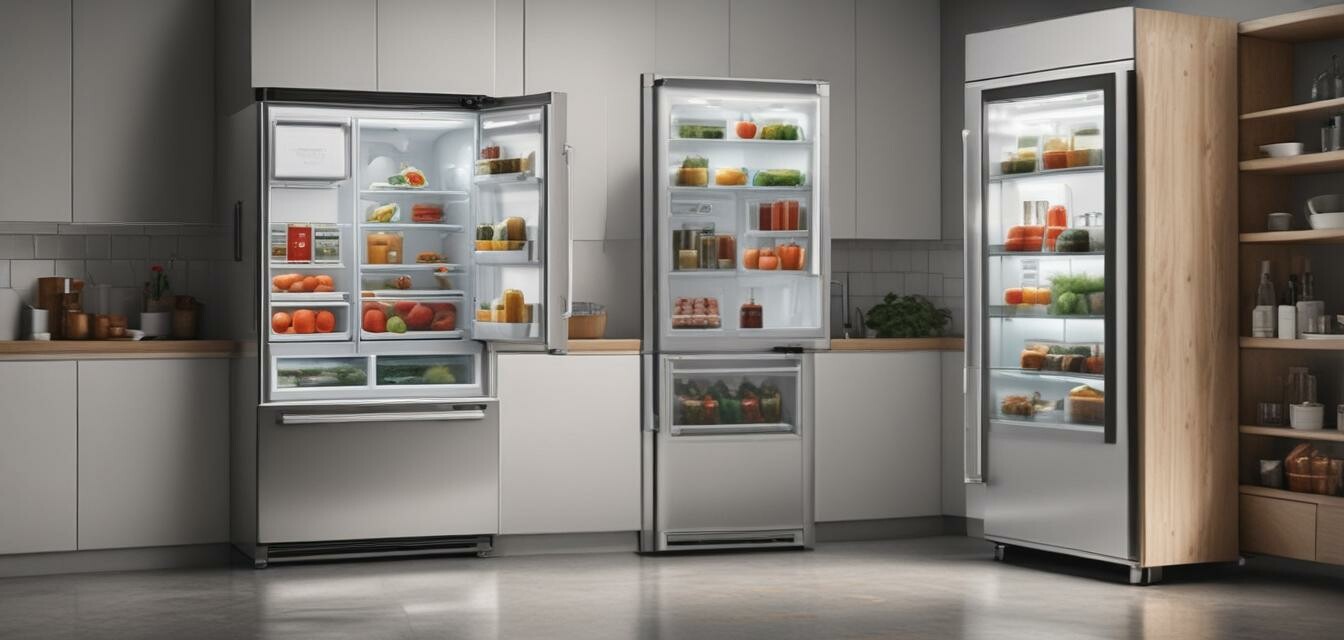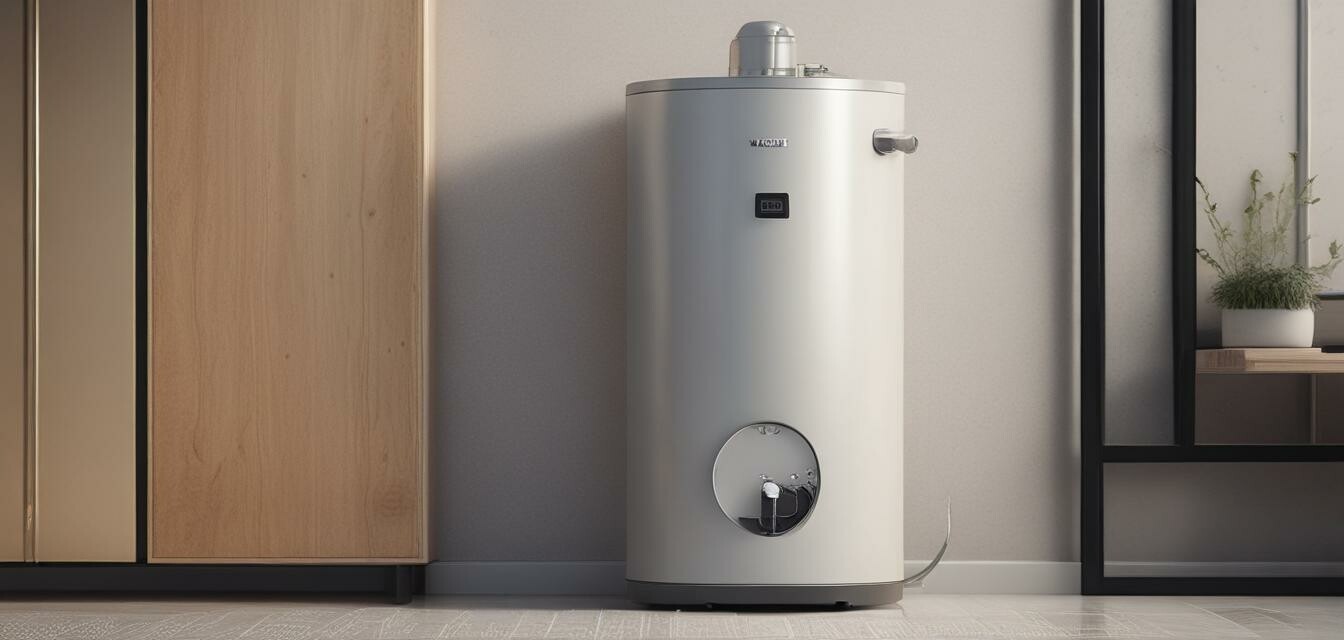
Low-energy air conditioners
Key Takeaways
- Low-energy air conditioners reduce electricity consumption, lowering your bills.
- These units are often more environmentally friendly, contributing to a smaller carbon footprint.
- Technology advancements have made low-energy models just as powerful as traditional ACs.
- Factors to consider include energy efficiency ratings, unit size, and noise levels.
As summer temperatures rise, many people seek comfort in air conditioning. However, the costs associated with cooling your home can climb rapidly, making the choice of air conditioner essential. Low-energy air conditioners not only provide comfortable indoor conditions but also help in conserving energy and reducing your electricity bills. In this article, we'll explore everything you need to know about low-energy air conditioners and their benefits.
What are low-energy air conditioners?
Low-energy air conditioners are designed to use less electricity while delivering high-quality cooling. They employ various technologies and features that minimize energy consumption while effectively regulating indoor temperatures.
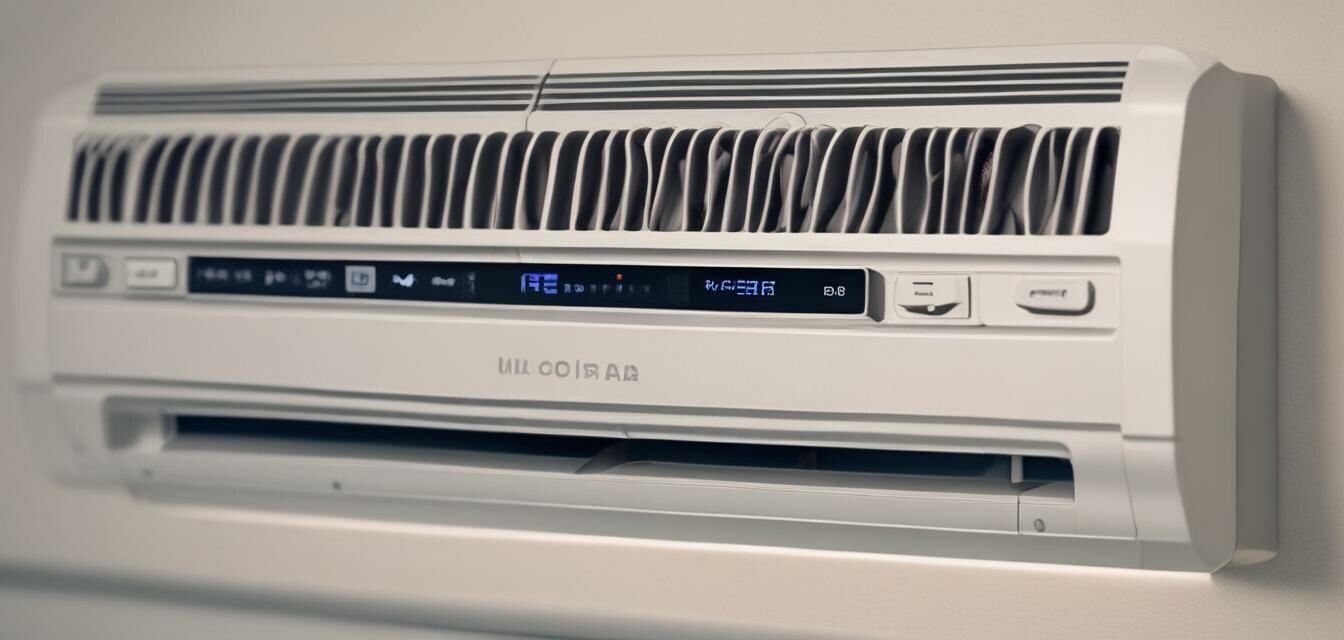
Benefits of low-energy air conditioners
| Benefit | Description |
|---|---|
| Reduced Energy Costs | Lower electricity bills due to energy-efficient modes. |
| Environmentally Friendly | Contributes to a lower carbon footprint. |
| Quiet Operation | Many models operate quietly, perfect for homes or offices. |
| Advanced Features | Includes programmable settings and smart technology for efficient operation. |
Comparing types of low-energy air conditioners
| Type | Energy Efficiency Ratio (EER) | Best For |
|---|---|---|
| Window Units | 10-14 | Small to medium rooms |
| Split Systems | 14-22 | Larger spaces, quieter options |
| Portable Units | 8-12 | Flexibility in placement |
| Central Air Systems | 13-21 | Whole-house cooling |
Factors to consider when buying low-energy air conditioners
When selecting a low-energy air conditioner, consider the following:
- Energy Efficiency Ratings: Look for units with higher EER or SEER ratings.
- Size of the Unit: Choose a unit that matches the size of the space you want to cool.
- Noise Levels: Consider how much noise the unit generates, especially for bedrooms or quiet spaces.
- Features: Look for programmable thermostats, smart home compatibility, and other innovative options.
- Price & Warranty: Compare not just the price but what warranty and service options are available.
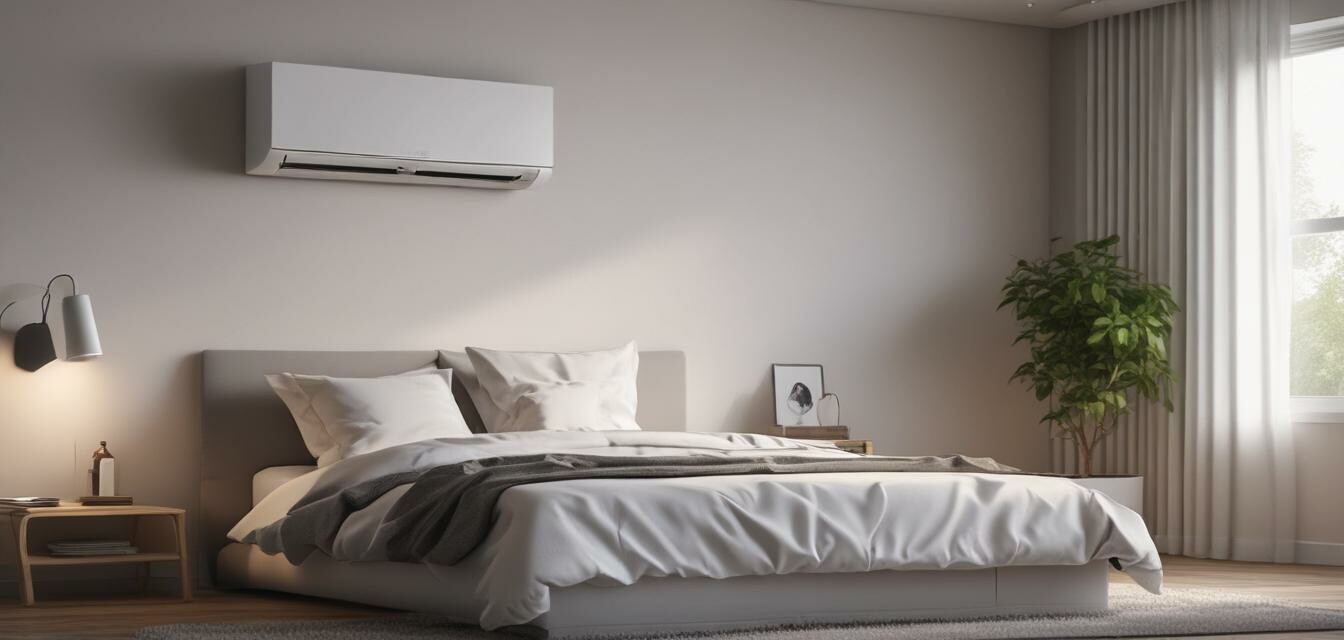
Installation tips for low-energy air conditioners
Proper installation is crucial for maximizing the efficiency of your low-energy air conditioner. Here are some tips:
- Follow manufacturer guidelines during installation.
- Ensure that the unit is installed in a shaded area to improve efficiency.
- Use insulation to prevent air leakage.
- Consider professional installation for split systems.
Maintenance of low-energy air conditioners
Regular maintenance helps keep your air conditioner running efficiently. Here are a few maintenance tips:
- Clean the filters regularly to ensure proper airflow.
- Schedule annual professional inspections to identify issues early.
- Keep the outdoor unit clear of debris and vegetation.
- Check and clean the drain lines to prevent moisture buildup.
Pros
- Reduced electricity bills
- Eco-friendly options available
- Smart technology features for ease of use
Cons
- Higher upfront costs compared to traditional units
- May require professional installation
- Specialized knowledge for repairs may be needed
Where to find low-energy air conditioners
Whether you're looking for window units, split systems, or portable units, there are plenty of options available. Explore various models to compare energy efficiency ratings and features to find the perfect fit for your home.
Conclusion
Low-energy air conditioners represent a smart investment for homeowners seeking to balance comfort, cost, and environmental considerations. By following the tips outlined in this guide, you can make informed decisions regarding energy-efficient cooling solutions that not only improve your living space but also contribute positively to the environment.
